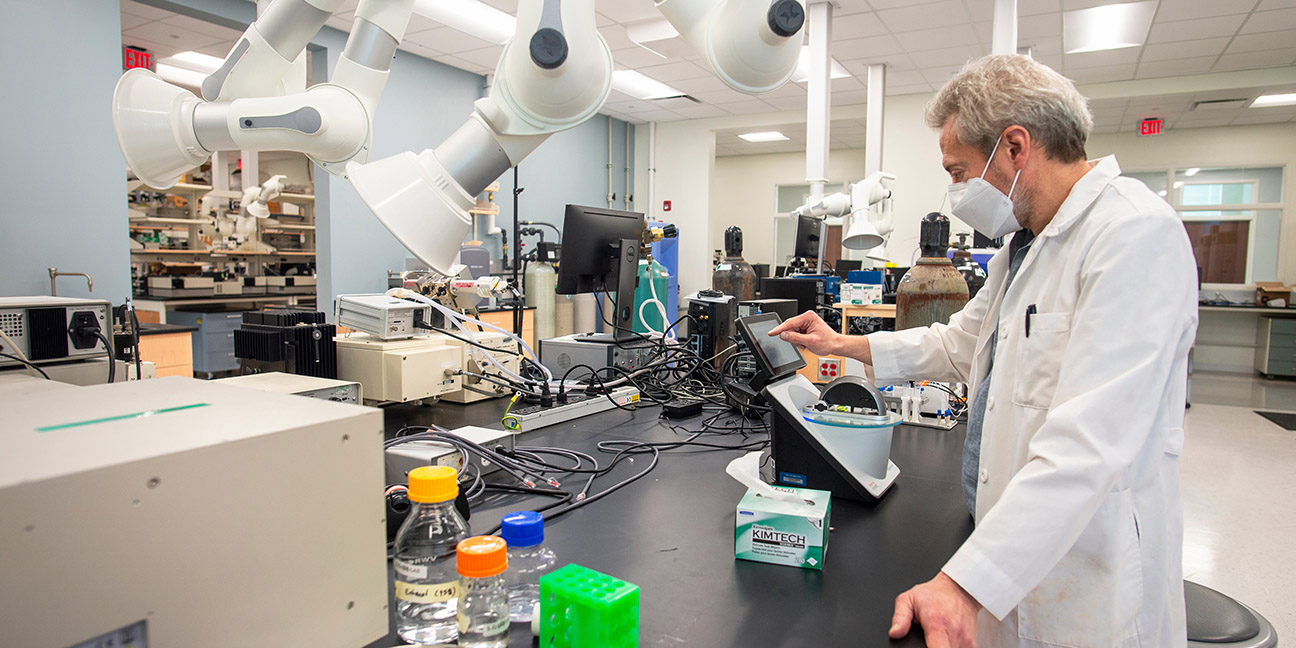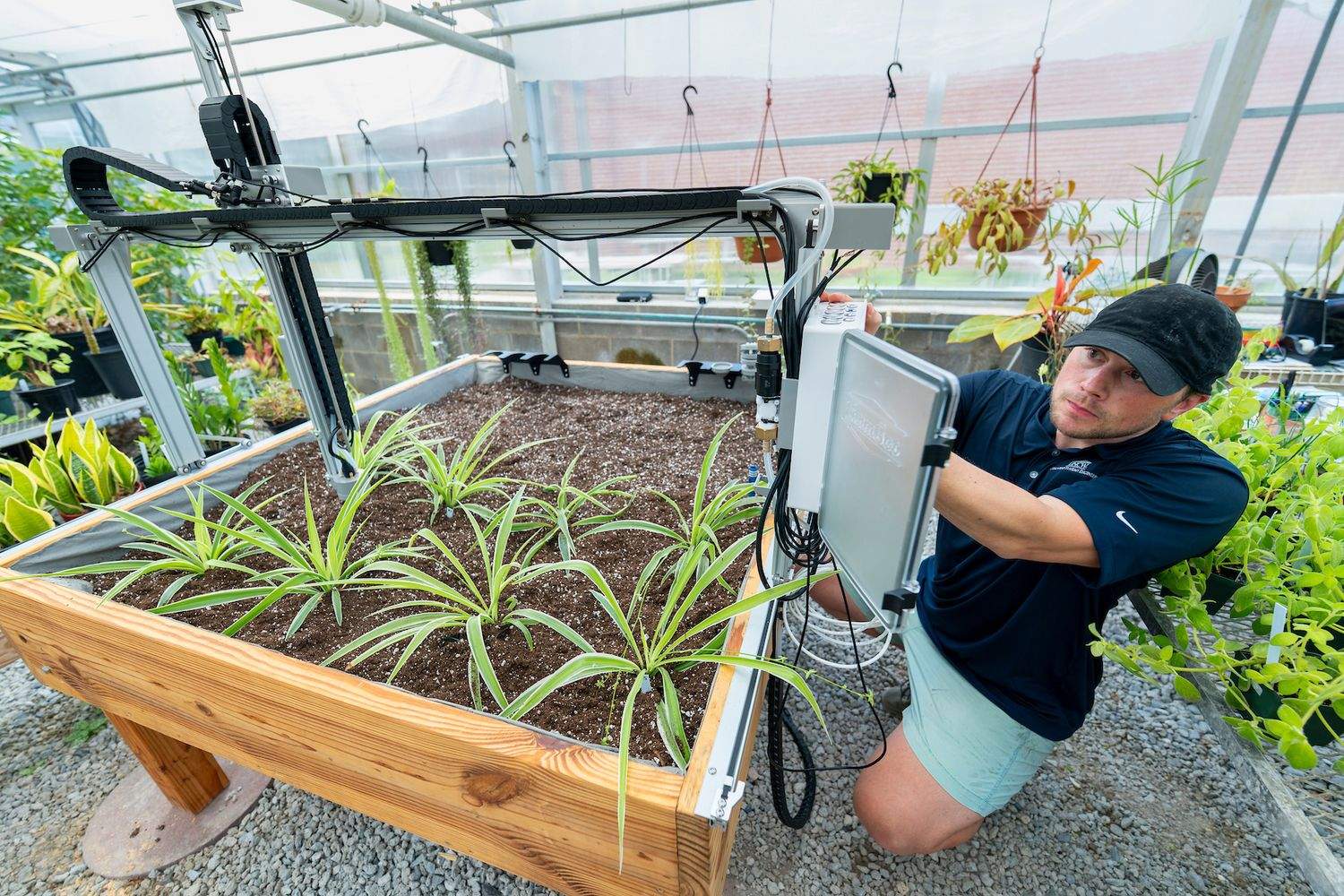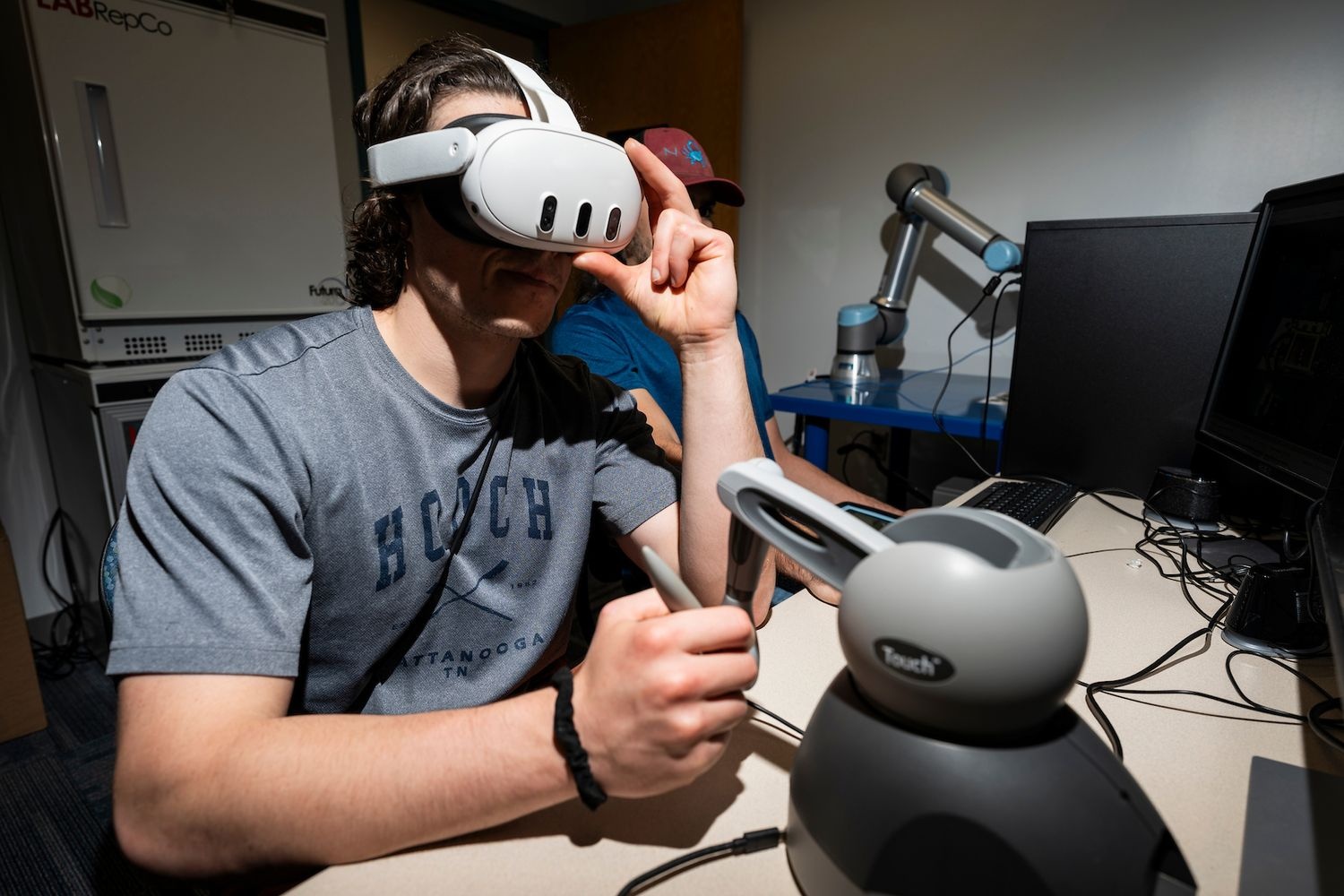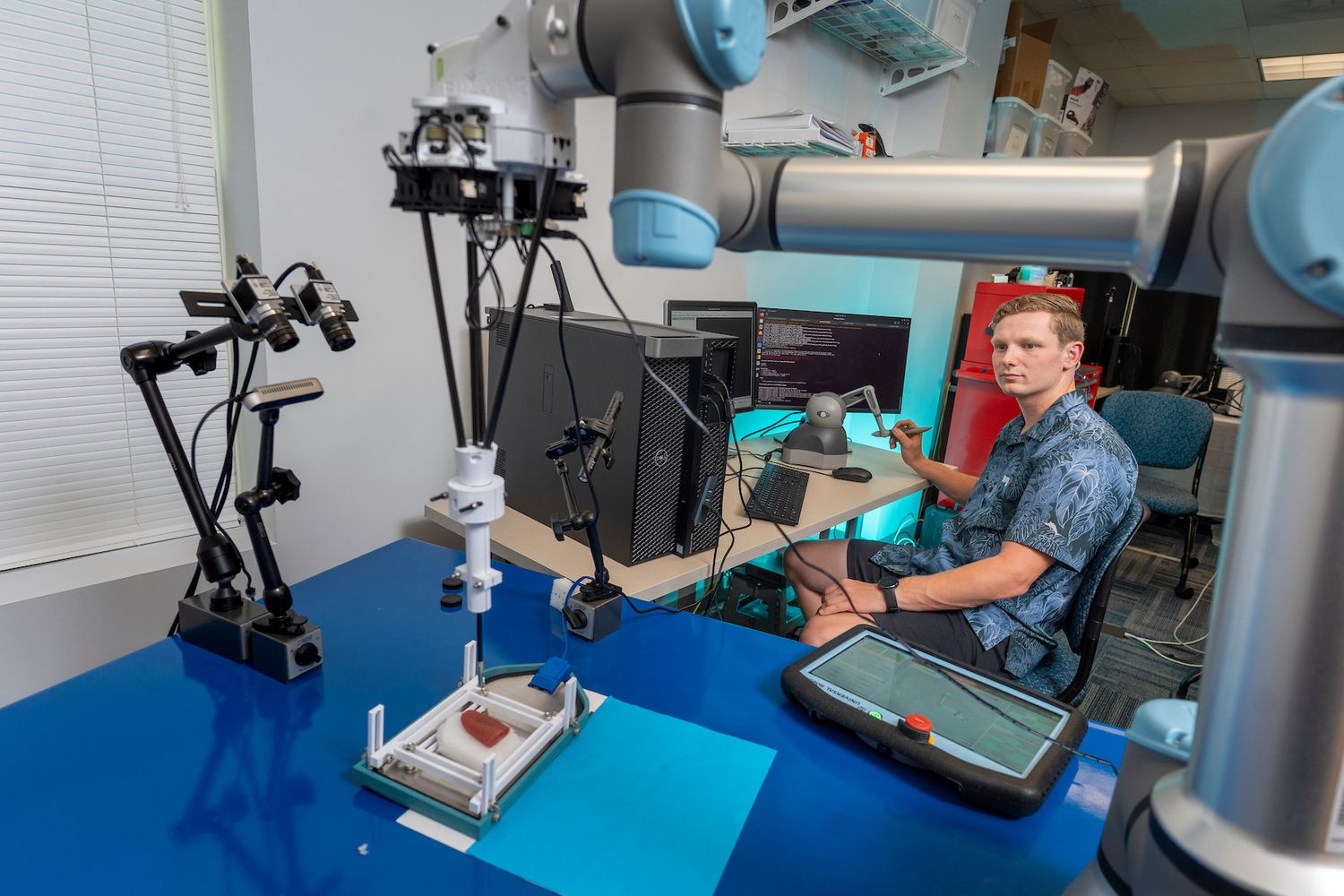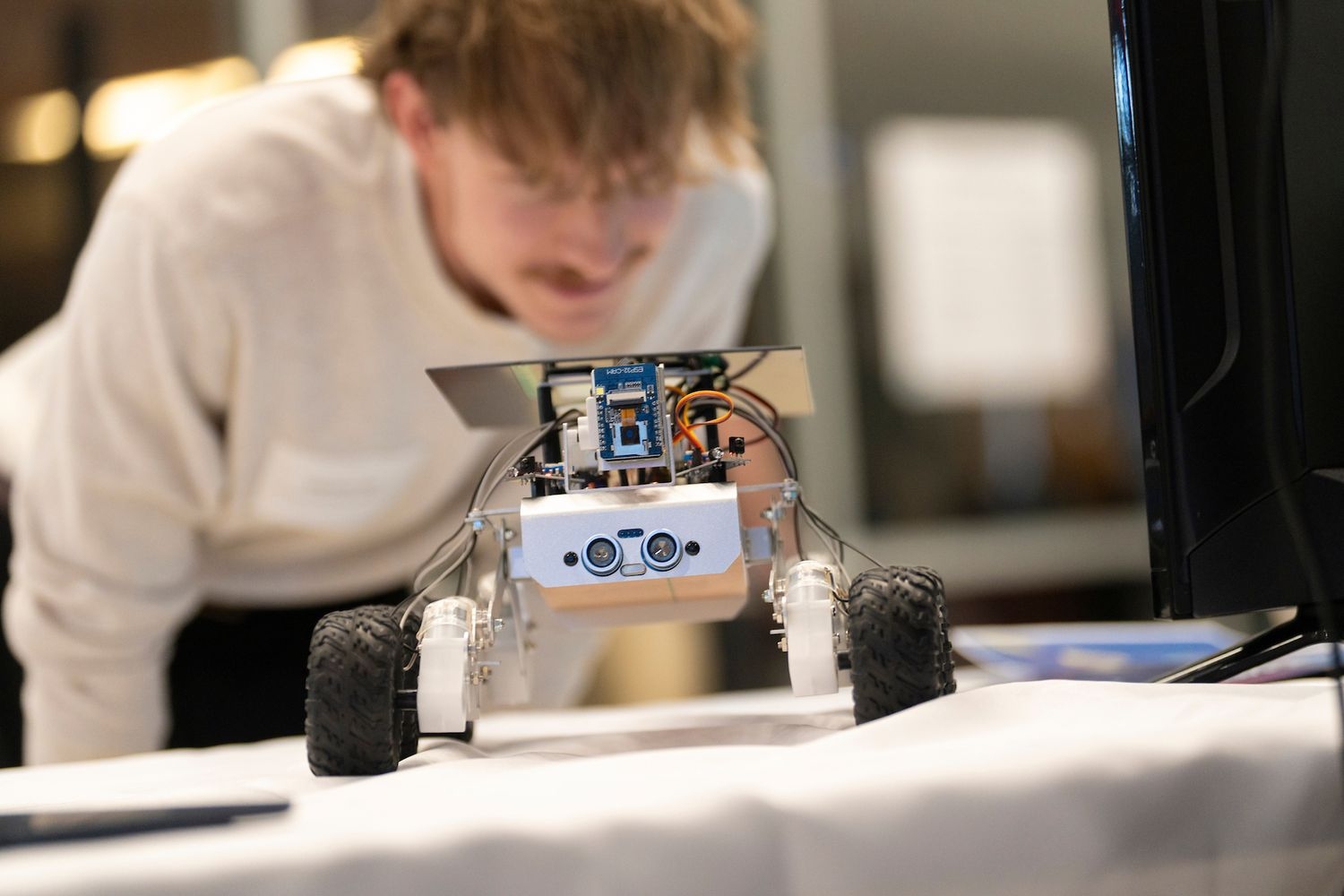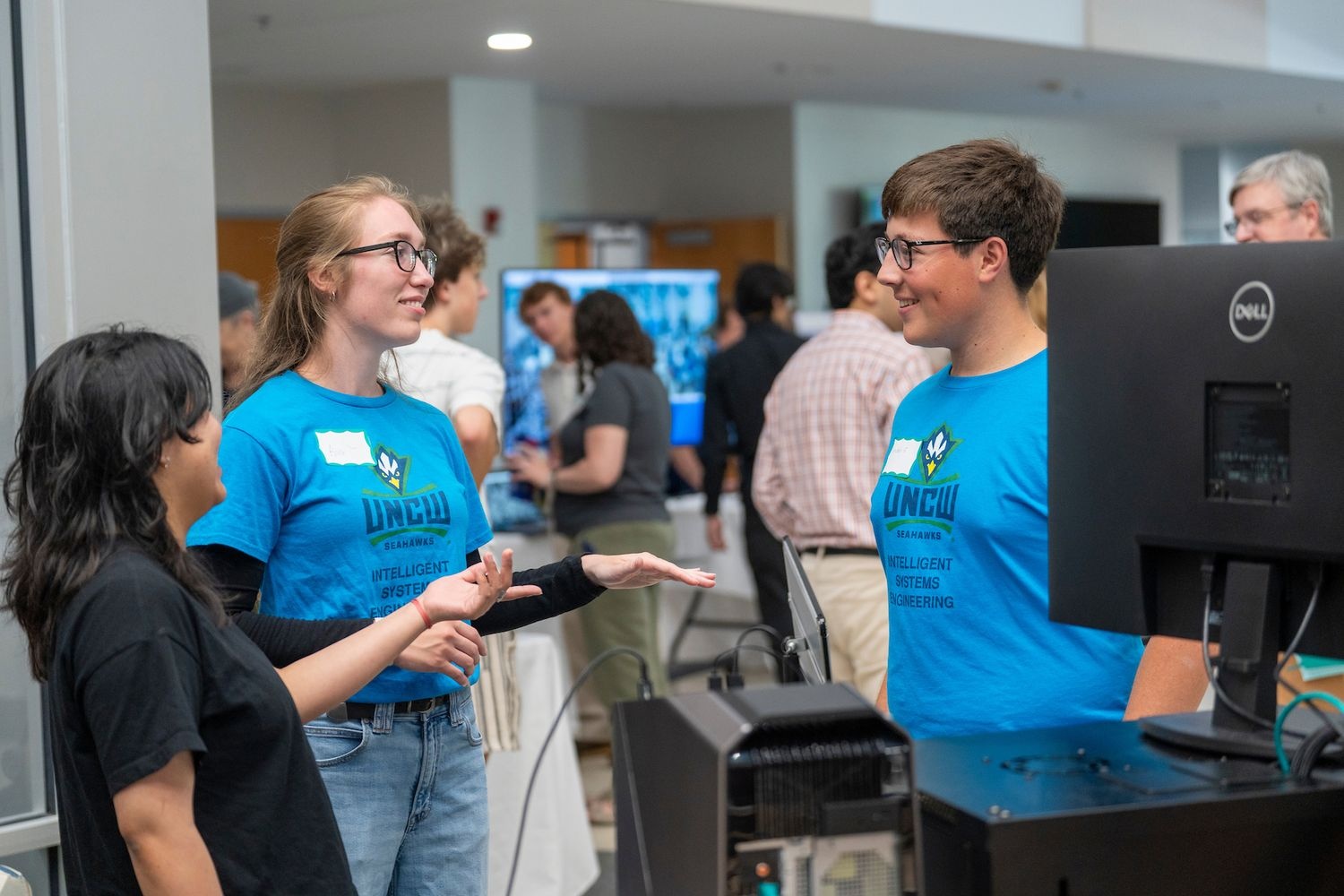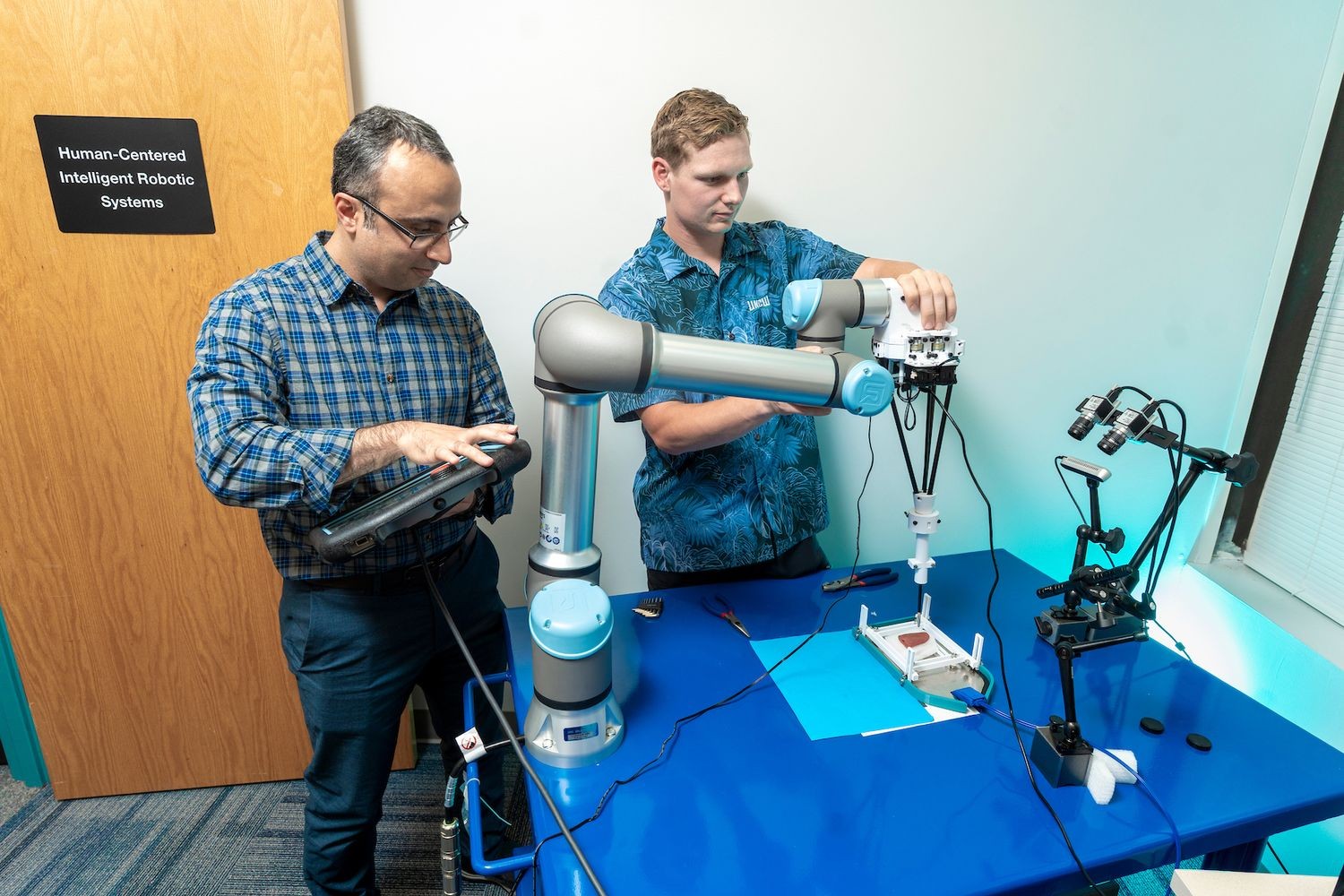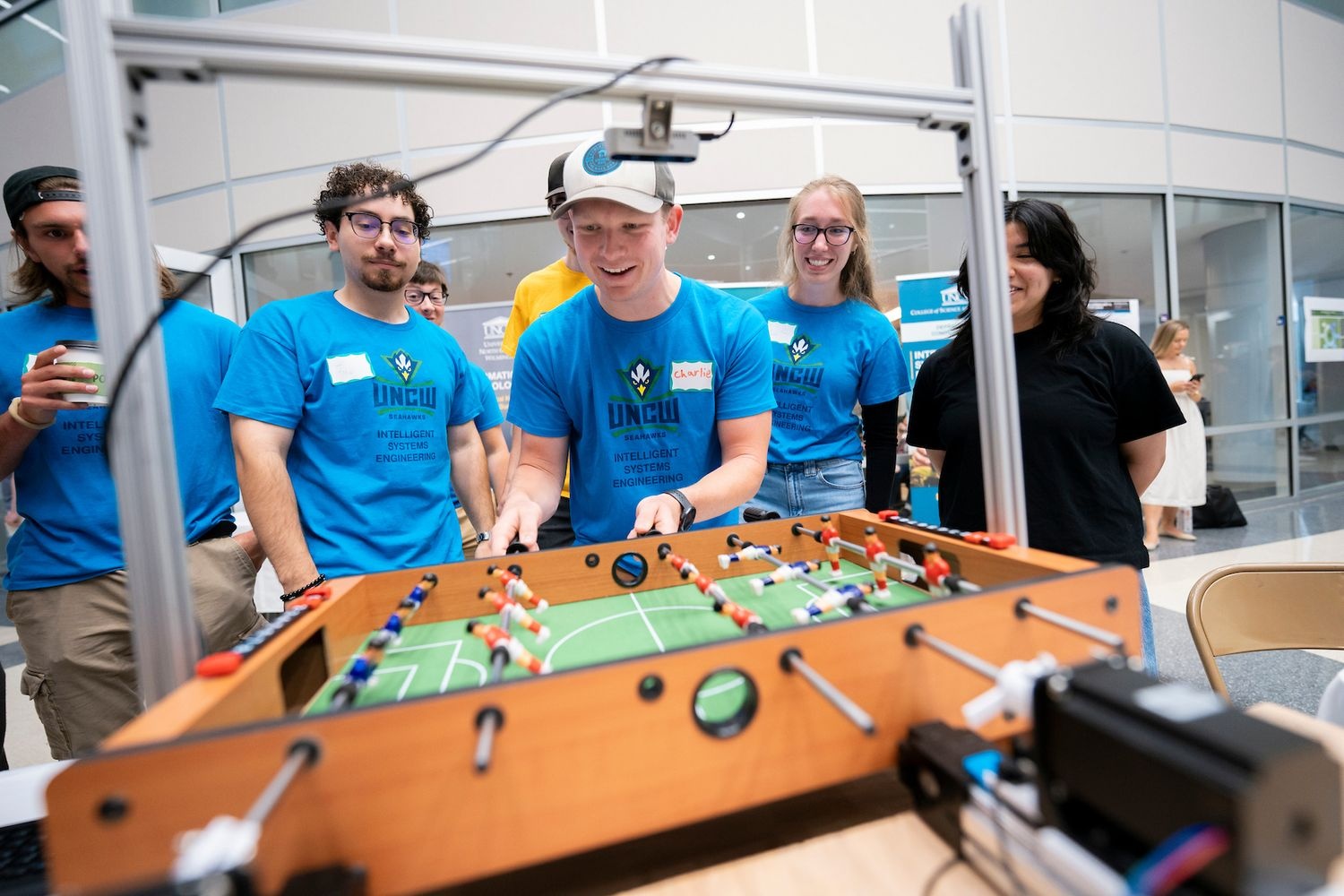Computer Science, B.S.
UNCW offers two programs of study leading to a Bachelor of Science in Computer Science. Both options follow the systems-based approach set forth by the Association for Computing Machinery and the IEEE Computer Society for undergraduate degree programs in computer science.
Information Technology, B.S.
The information technology (IT) major is an interdisciplinary major shared by two departments: Department of Computer Science and the Congdon School of Supply Chain, Analytics, and Information Systems.



